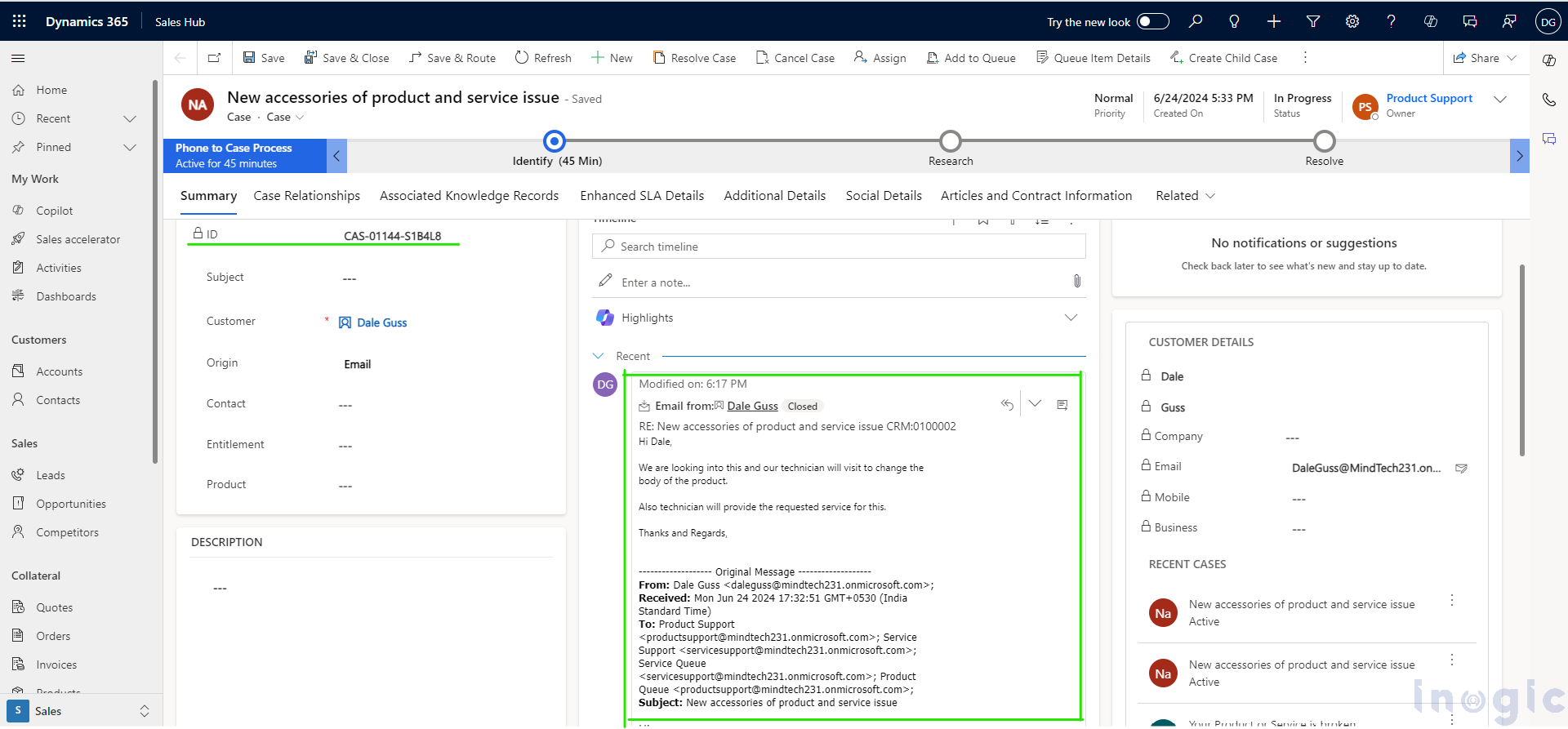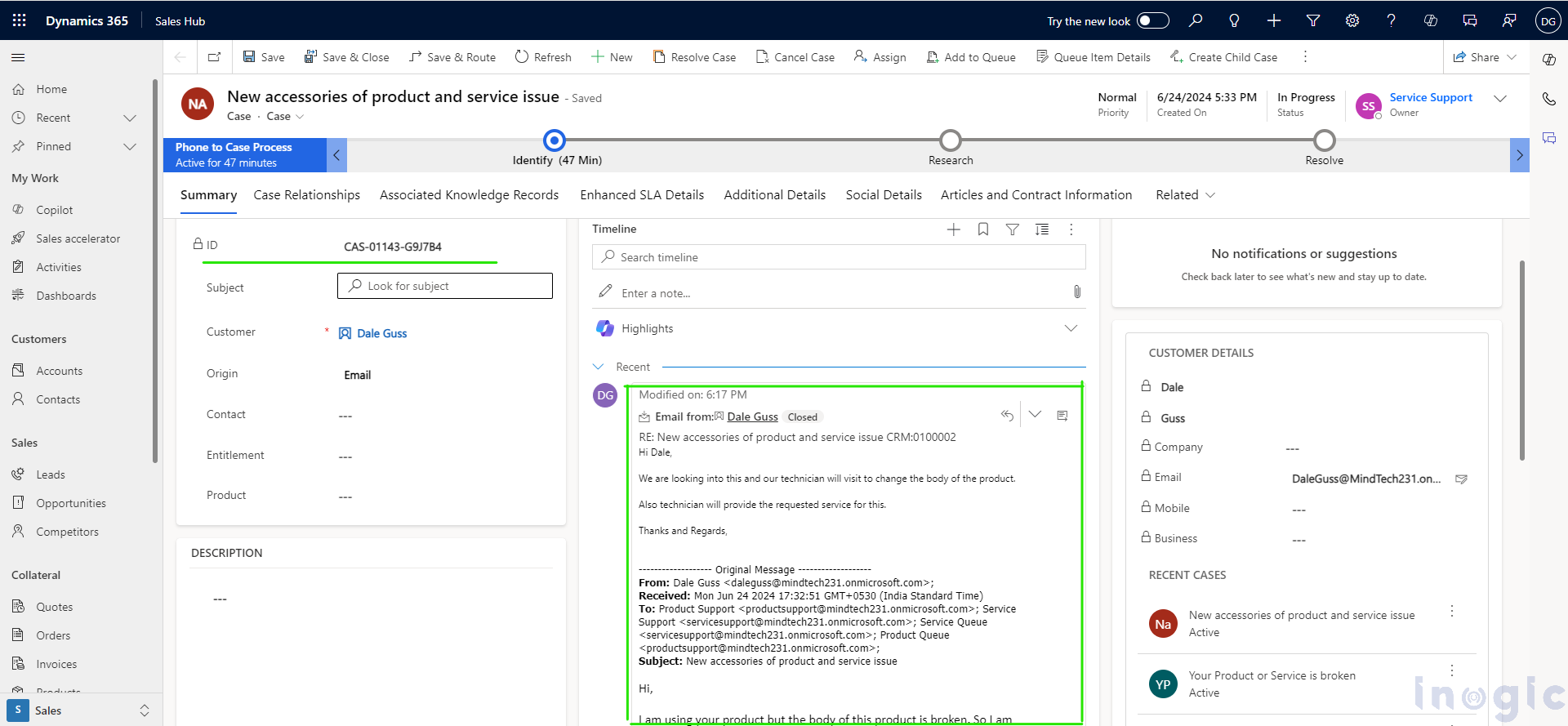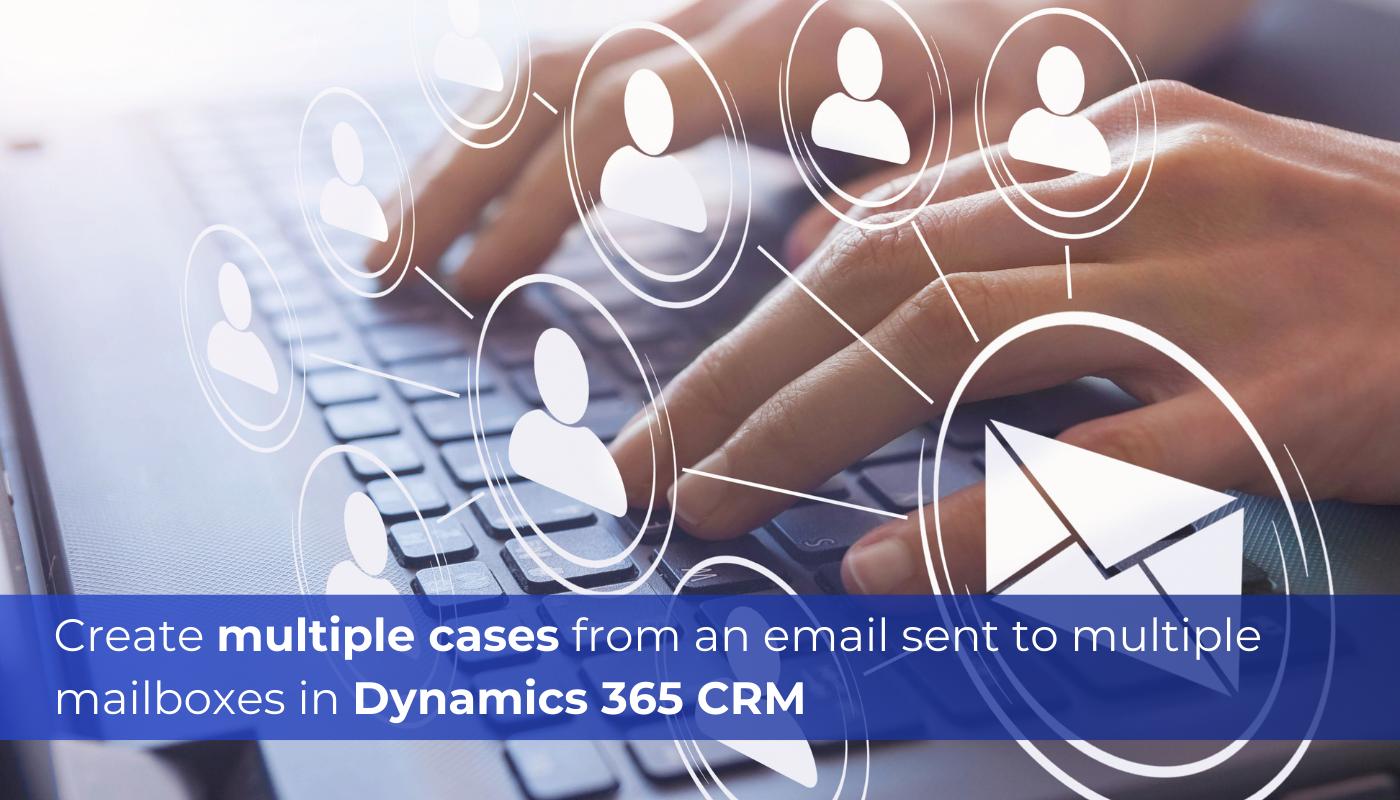
We recently encountered a requirement where the client utilized multiple queues in CRM (such as service team queue, product team queue, tech team queue, etc.) with configured email addresses. When customers send emails to multiple queues in a single email (e.g., sending one email to Support and Product queues), the CRM’s email tracking system creates multiple new cases based on the ARC rules for each queue. Since only one case was set in the regarding field of the email, other cases ended up being not linked with that source email. This caused further issues when the team tried to investigate the case where the email was not linked.
To overcome this situation, in the recent Microsoft release, we found an effective OOB setting (which is explained below with the benefits of this setting/feature).
Please follow the below steps to configure this setting in the CRM.
- Go to https://make.powerapps.com/ and create a new Solution or open the existing solution.
- Click Add existing → More → Setting
- Search “Email Multi Related for ARC” in the search box → select the “Email Multi Related for ARC” setting → click on Next → Add
- After adding the setting to the solution, select the setting → click on Edit → scroll down the form → set the “Setting environment value” to Yes → Save.
- Click on Publish all customizations
- To check this go to https://make.powerapps.com/ and add the Related field on the Email form.
Let’s see the features/benefits of this setting and how this setting is useful for the above-mentioned requirement/scenario.
- Before turning on the setting.
- The customer has sent the email to the Product and Support queue and the mail is tracked in the CRM and the queues ARC rules triggered and created new cases but only one case gets set in the Regarding field of that mail.
- The mail shows in the Timeline section of that case which is set in the Regarding field of that mail.
- But that mail isn’t showing in the other case’s timeline section which is assigned to the Support queue/team.
So here the Support team does not have any update regarding the case as the timeline of this case is empty and it was hard for the Support team to solve or to respond this case.
- The customer has sent the email to the Product and Support queue and the mail is tracked in the CRM and the queues ARC rules triggered and created new cases but only one case gets set in the Regarding field of that mail.
- After turning on the setting.
- The customer has sent the email to the Product and Support queue and the mail is tracked in the CRM and the queues ARC rules triggered and created the cases and all cases get set in the Related field of that mail. The Regarding field sets empty.
- Here that mail is showing in all cases (that are created by ARC rules) Timeline section.
So here both teams can monitor the cases by seeing the related mail in the Timeline section and the requested team can solve the case.
- Replies of the original email are linked to all related cases.
- Also, a new case will be created for a customer who replies to an original email by adding a new queue whose mailbox is enabled or forwarding to the queue whose mailbox is enabled.
- The customer has sent the email to the Product and Support queue and the mail is tracked in the CRM and the queues ARC rules triggered and created the cases and all cases get set in the Related field of that mail. The Regarding field sets empty.
Conclusion:
So, using this we can see the email updates on all cases (that are related to the email) from the Timeline section and we can check, which cases are related to the email using the Related field.
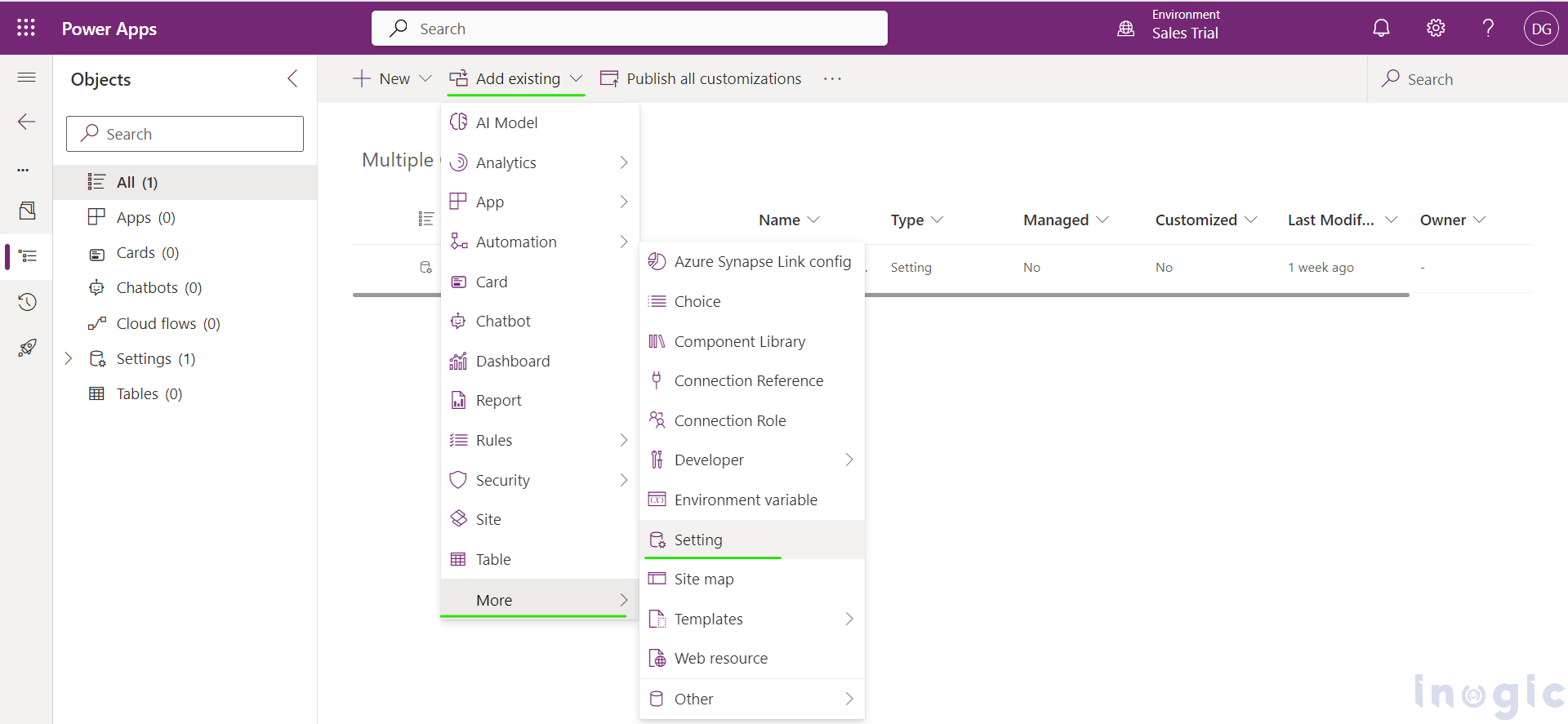
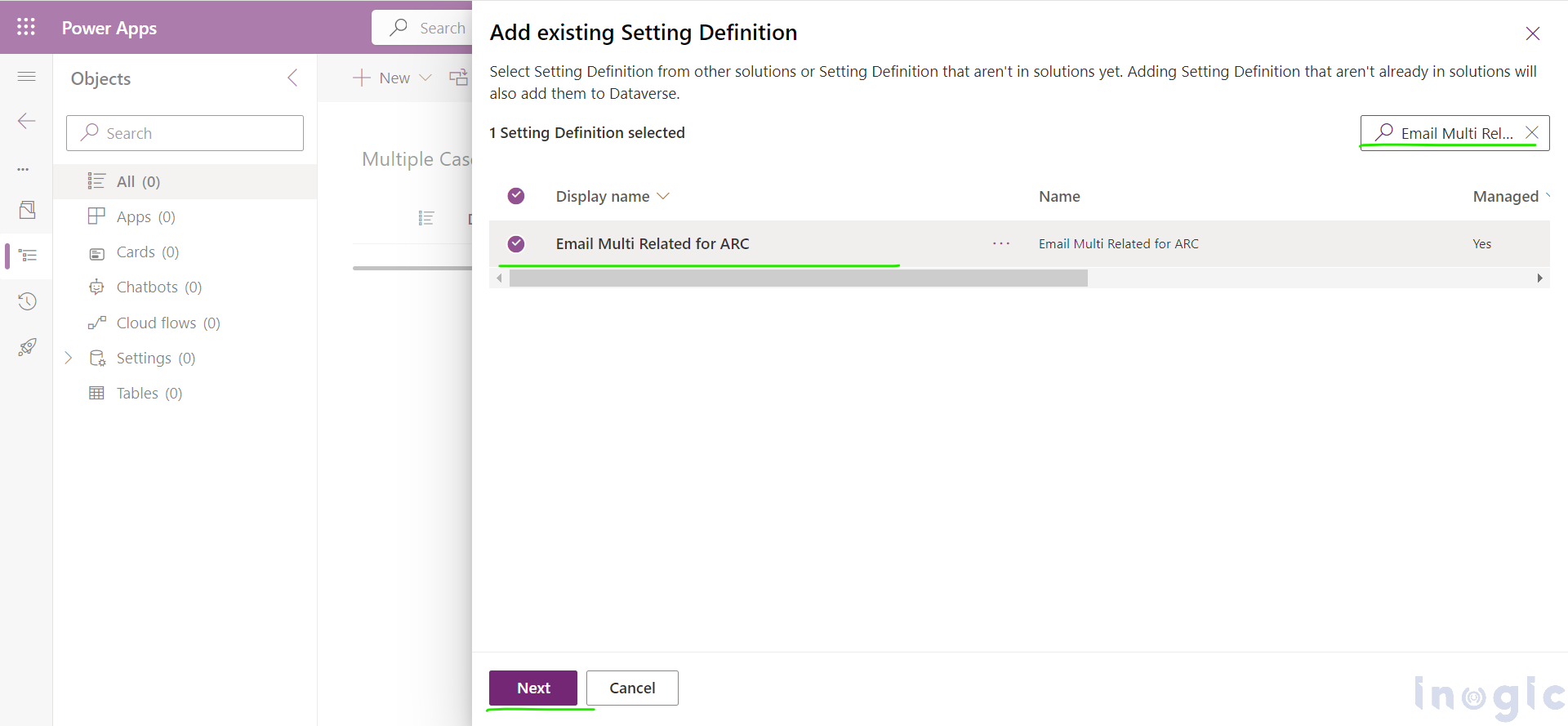
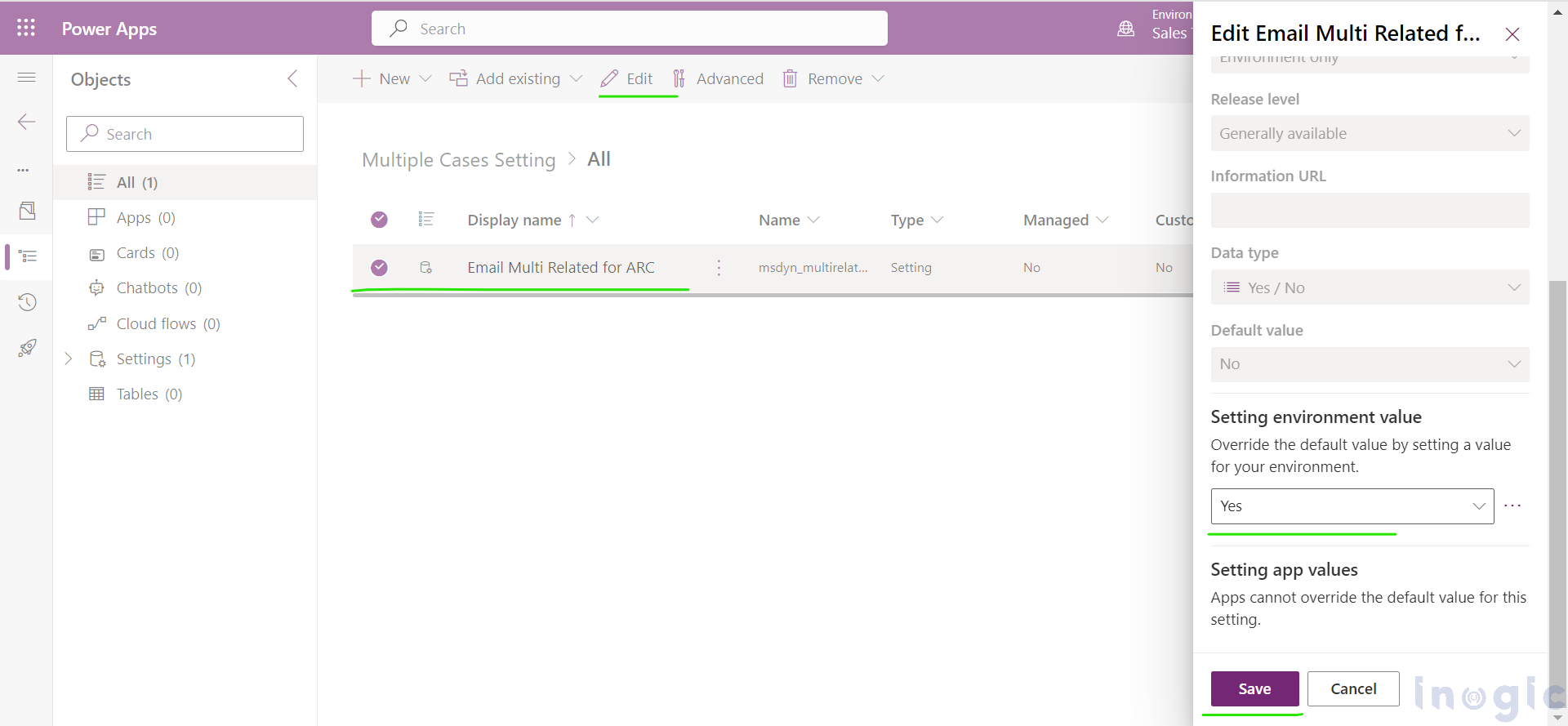
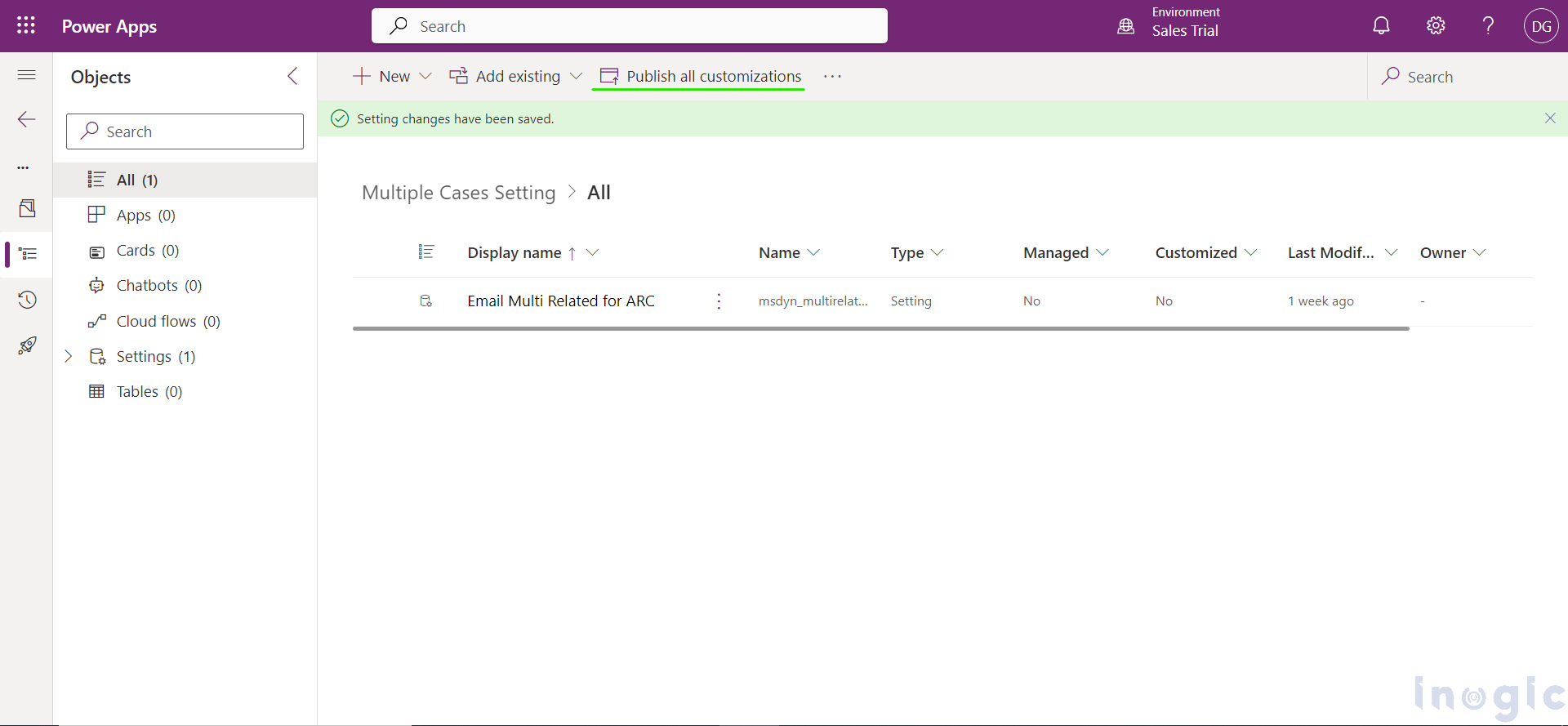
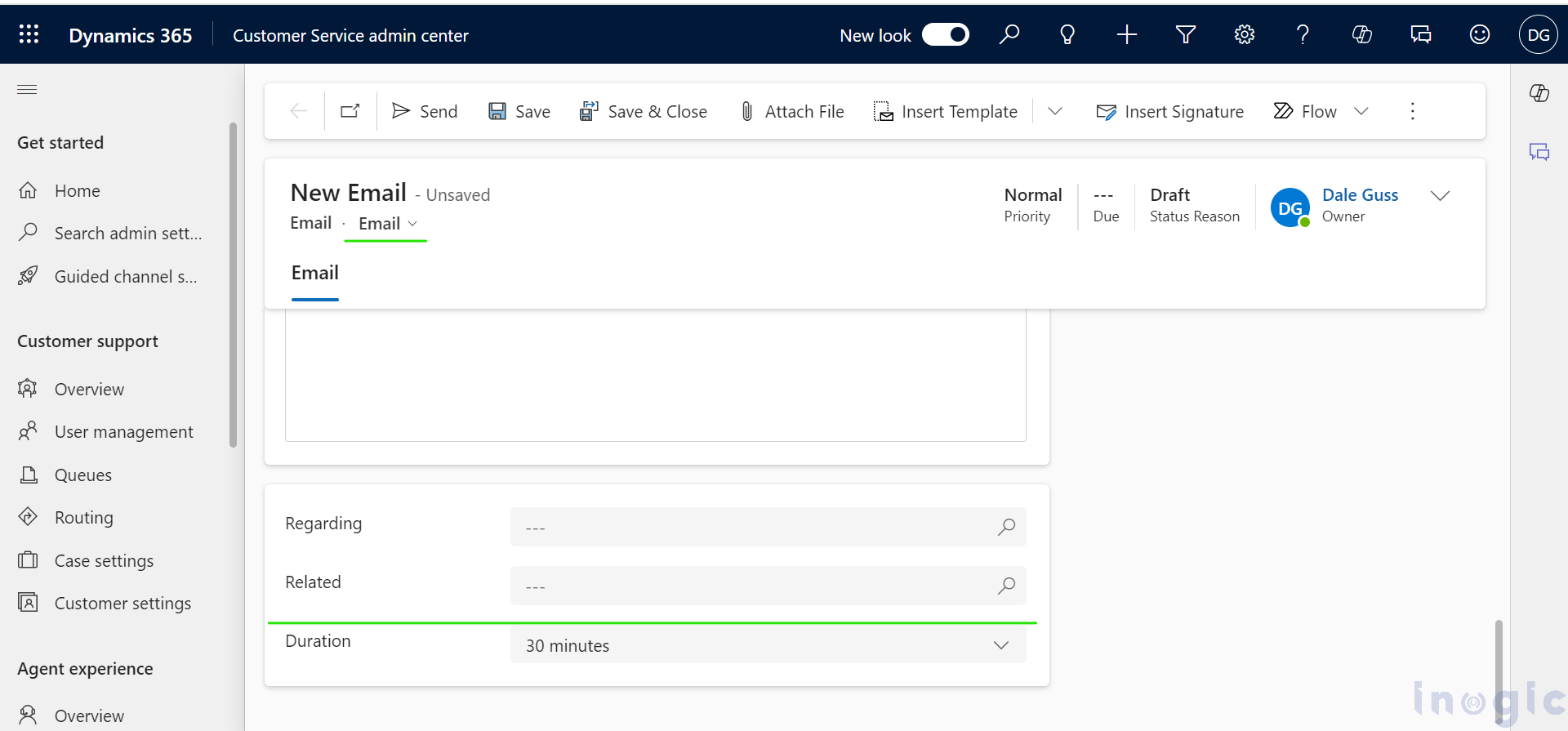
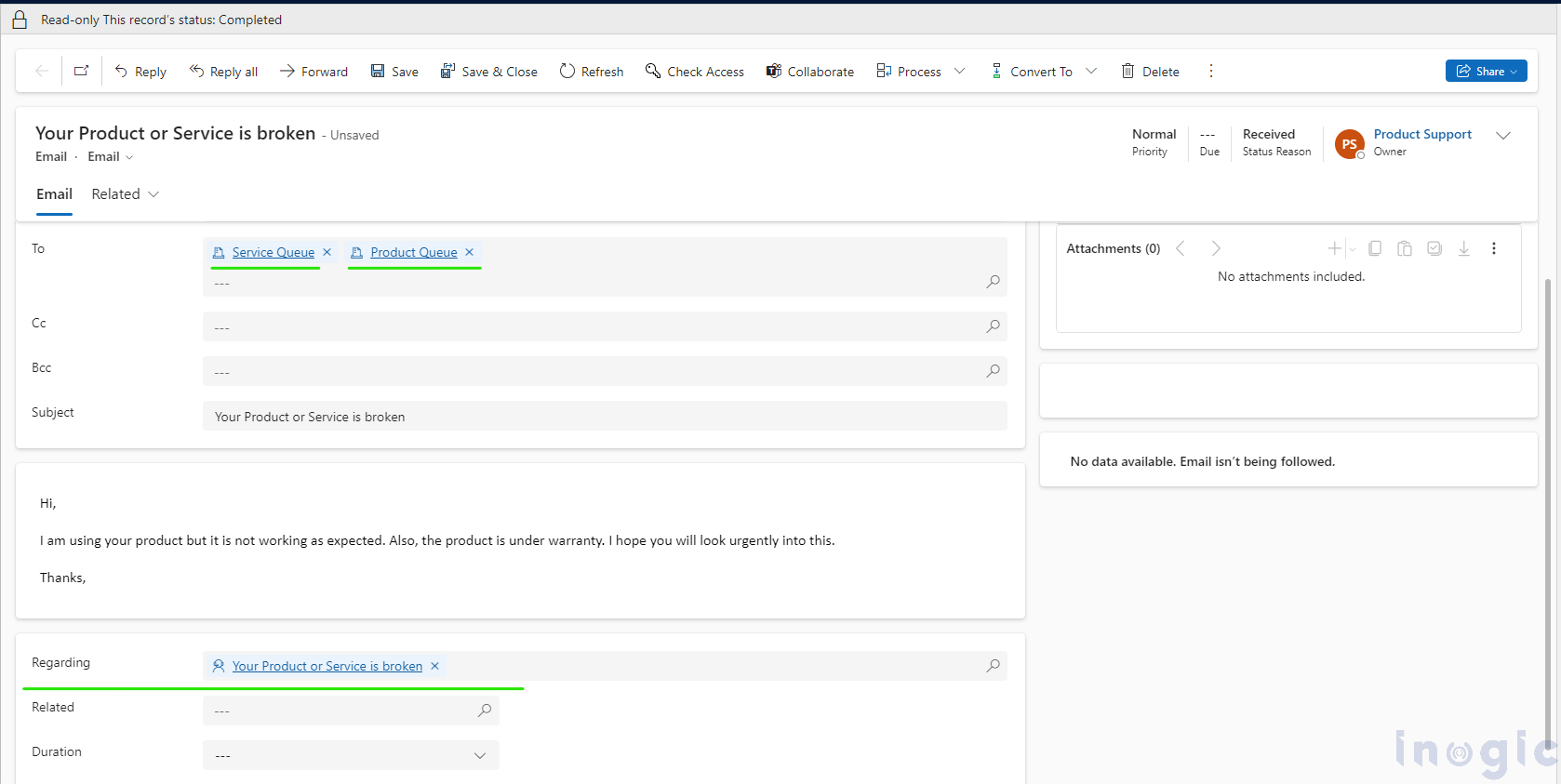
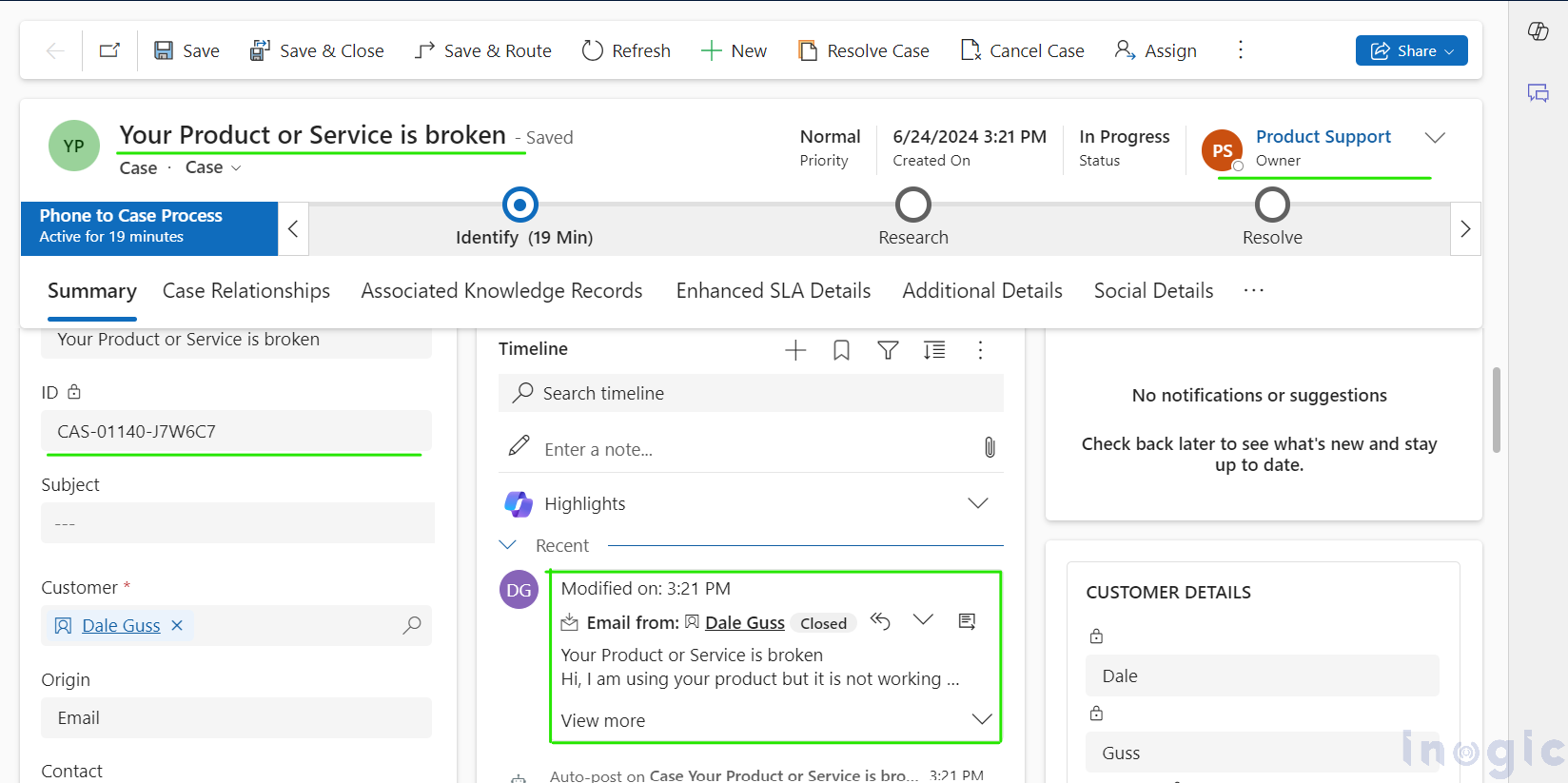
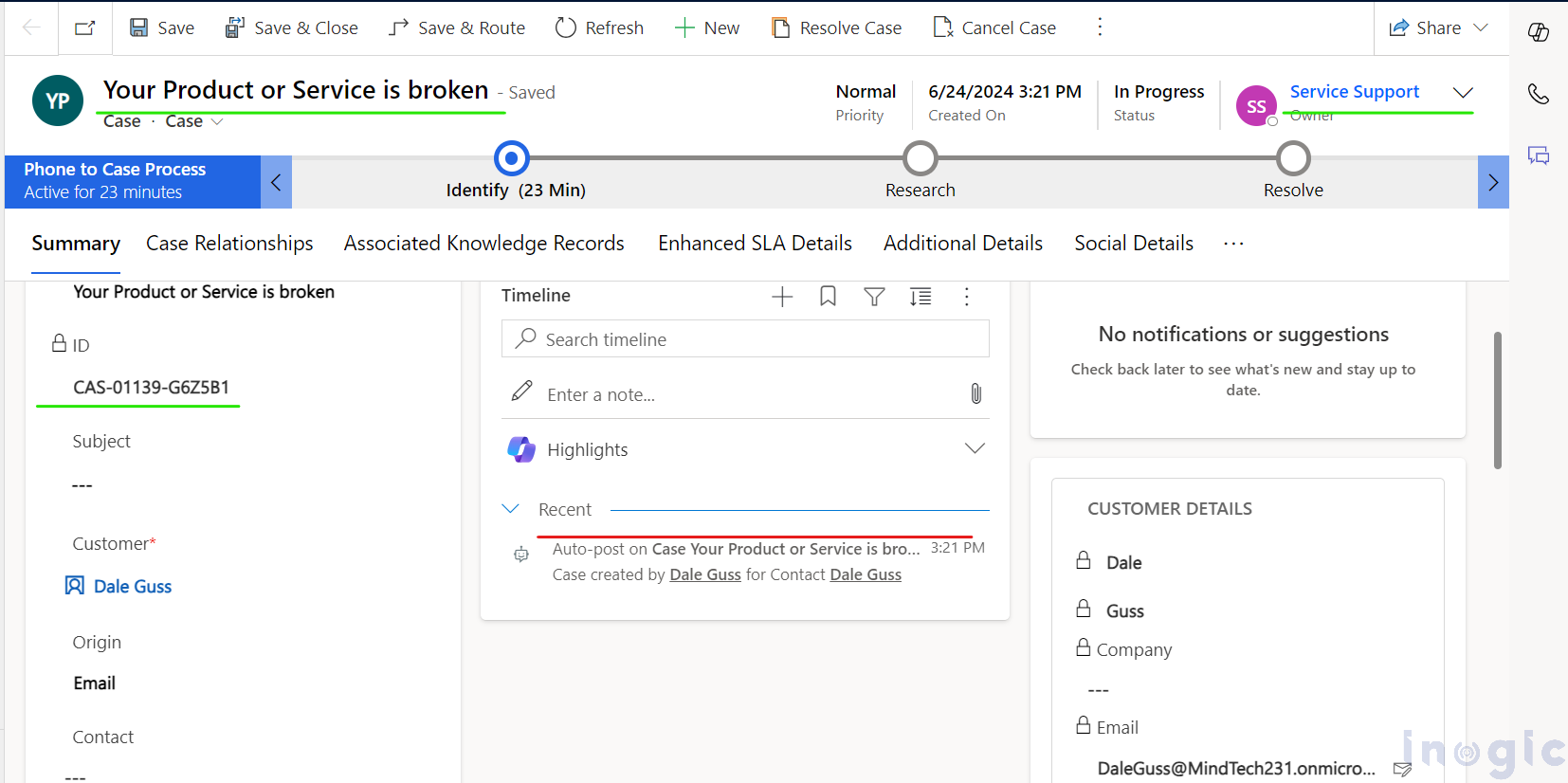 So here the Support team does not have any update regarding the case as the timeline of this case is empty and it was hard for the Support team to solve or to respond this case.
So here the Support team does not have any update regarding the case as the timeline of this case is empty and it was hard for the Support team to solve or to respond this case.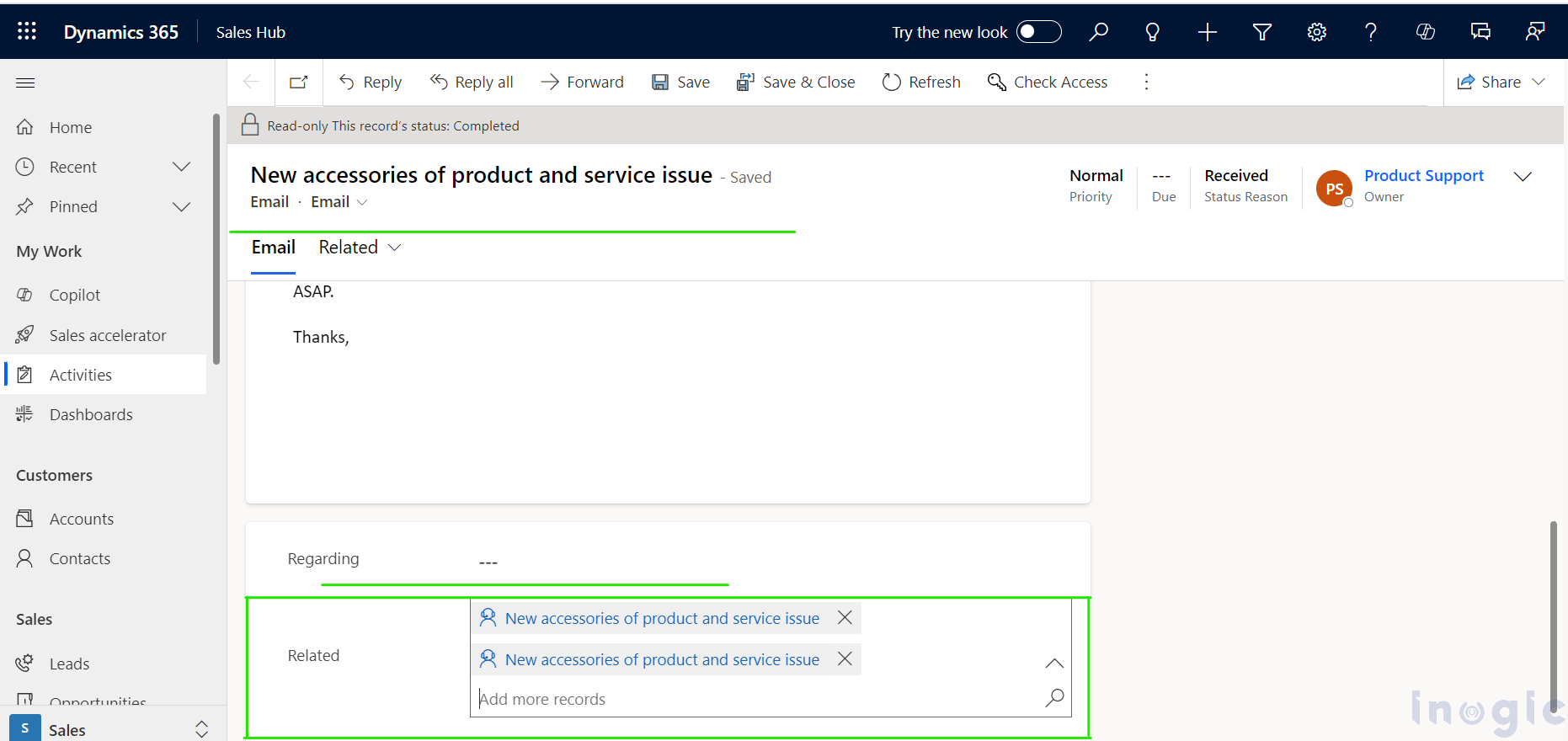
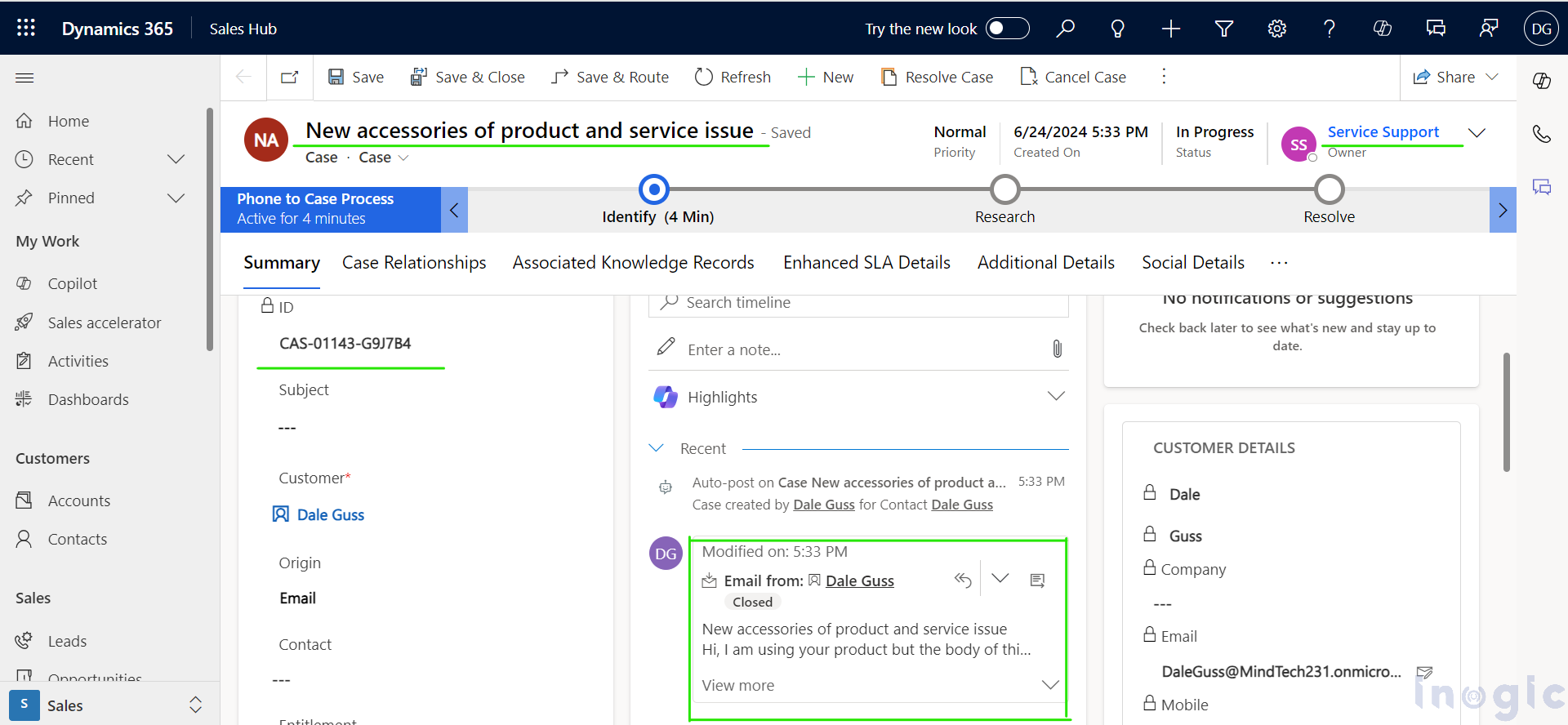
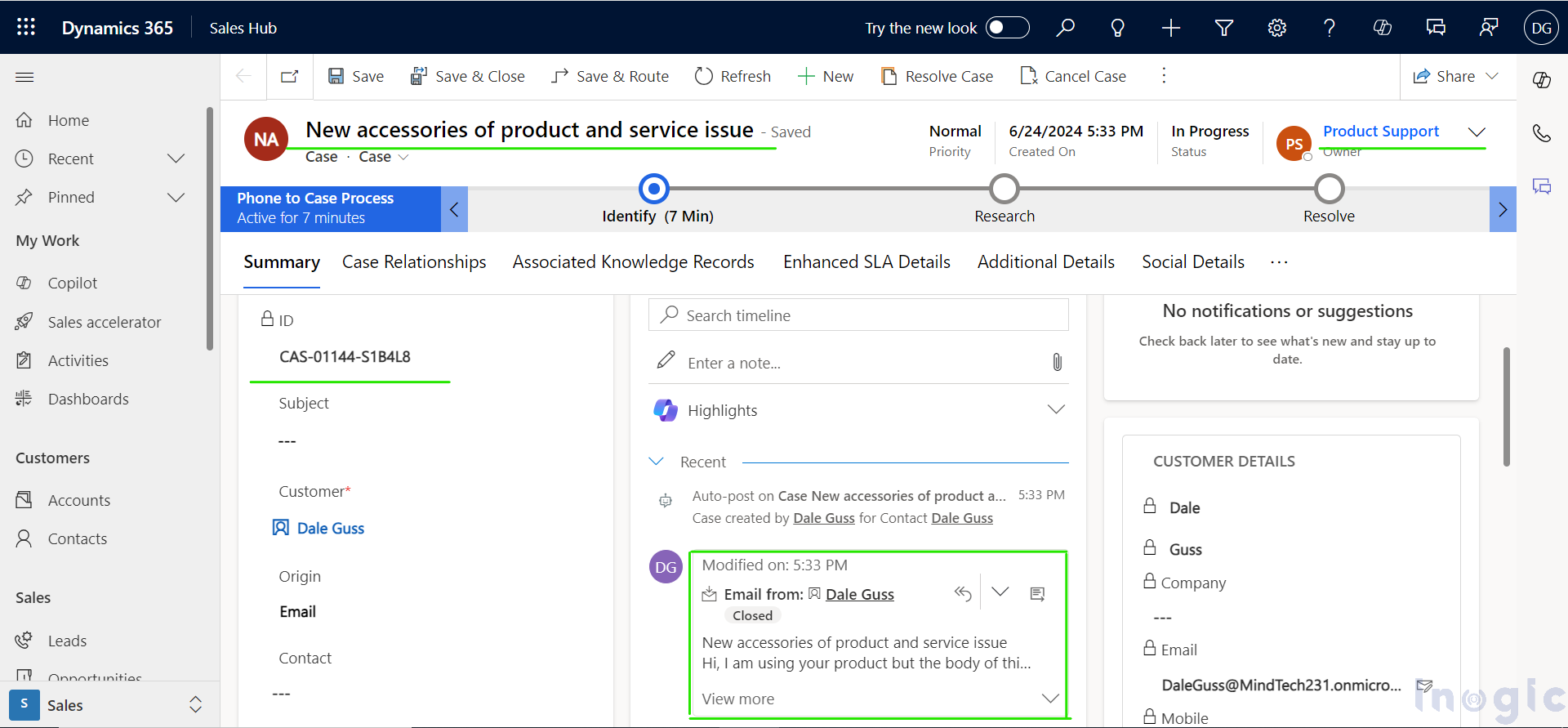 So here both teams can monitor the cases by seeing the related mail in the Timeline section and the requested team can solve the case.
So here both teams can monitor the cases by seeing the related mail in the Timeline section and the requested team can solve the case.